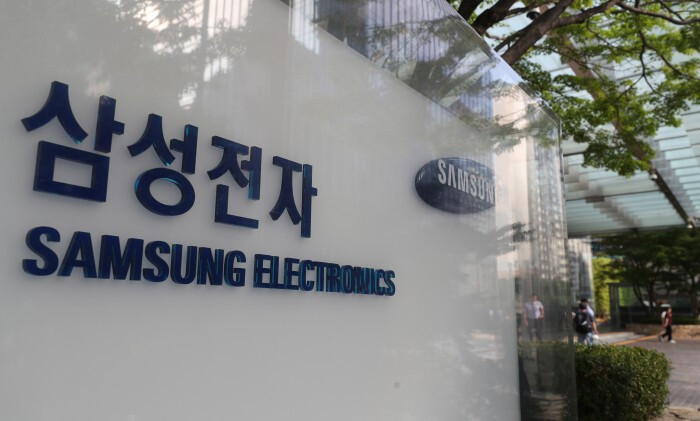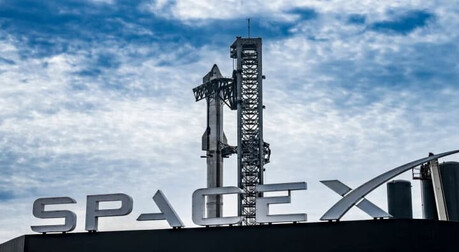
Seoul, South Korea – Samsung Electronics, the world’s largest memory chipmaker, saw its shares surge over 3% on Wednesday, defying a disappointing fourth-quarter earnings report that revealed a significant drop in operating profit. The unexpected rally has sparked investor interest in understanding the driving forces behind the stock's surge.
Samsung's shares closed at 57,300 won, marking a 3.43% increase from the previous trading day. This is the highest closing price since November 26th of last year.
Despite opening lower due to a decline in US semiconductor stocks, Samsung shares quickly rebounded and maintained a strong upward trajectory throughout the day.
Foreign investors were the primary catalyst behind the rally, purchasing a net 273.8 billion won worth of Samsung shares. This marked the largest net buying in nearly five months, since August 16th of last year. Analysts believe that foreign investors have reached the conclusion that Samsung's stock price, which has plummeted by 40% from its peak, has bottomed out.
Furthermore, a positive comment from Nvidia CEO Jensen Huang regarding Samsung's High Bandwidth Memory (HBM) is believed to have further boosted foreign investor sentiment. Huang expressed confidence in the success of Samsung's HBM during a recent speech, noting that Samsung was the first company to supply HBM to Nvidia and that they will "recover."
The surge in Samsung shares, the market's bellwether, also propelled the broader Kospi index up 1.16% to close at 2,521.05, marking its fourth consecutive day of gains. Foreign and institutional investors were net buyers, purchasing 216 billion won and 110.2 billion won worth of shares, respectively.
The Kosdaq index also closed higher, gaining 0.19% to 719.63, extending its winning streak to six trading days.
In the foreign exchange market, the Korean won appreciated slightly against the US dollar, closing at 1,455.0 won, up 1.5 won from the previous week. This is considered a positive outcome given the recent strength of the US dollar due to renewed inflation concerns in the United States.
[Copyright (c) Global Economic Times. All Rights Reserved.]





























